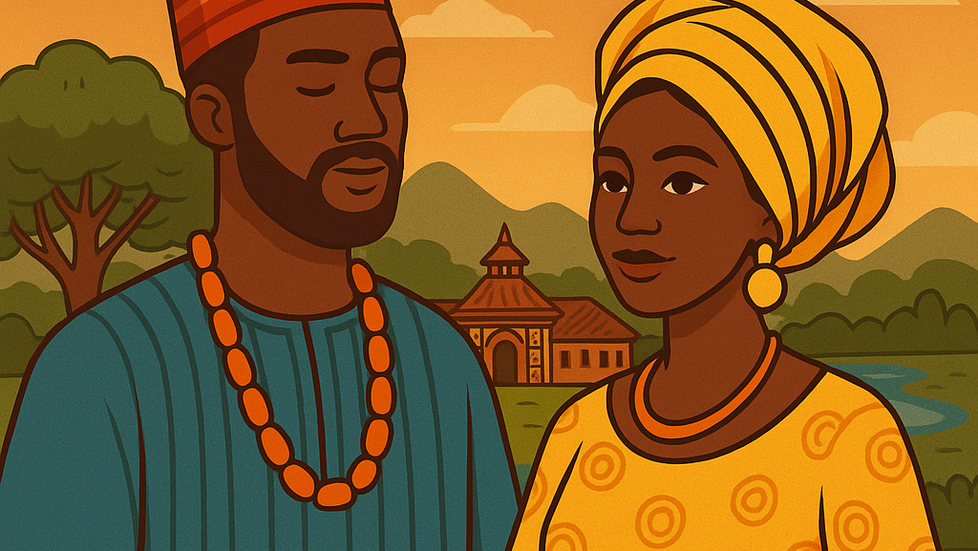Why Is Friday the 13th Unlucky? | Origin of Friday the 13th
- T's Wicked Wonders

- May 13, 2022
- 3 min read
Friday the 13th Origins
Let’s look back at the origins of this ominous date. Although no one knows for certain, the fear of the number 13 and the fear of Friday likely combined around the late 1800s into this new phobia; no clear mention of it had been discussed in published works before then.
Norse Mythology
Do you know the story of Loki? At a dinner with 12 of the Norse gods, Loki was not invited. However, the trouble-maker showed up, fighting ensued, and one of the most popular gods (Baldur) was killed that day.
Knights of the Templar
The predominant 20th-century theory suggests that it stemmed from an event that occurred on Friday, October 13, 1307, when thousands belonging to an influential religious military order called the Knights Templar (officially, the Poor Knights of Christ and of the Temple of Solomon) were arrested for blasphemy and other affronts at the command of France’s king, Philip IV. Many were later tortured, coerced into making false confessions, and executed.
When the knights were burned at the stake in Paris, the order’s leader, Jacque de Molay, cried out, “God knows who is wrong and has sinned. Soon, a calamity will occur to those who have condemned us to death.” The holy warrior’s curse and wrongful death put a hex on Friday the 13th through the ages.
The Last Supper
Another superstition associates Friday the 13th with the Last Supper, attended by 13 people—Jesus Christ and his 12 disciples. The number 13 is associated with Judas Iscariot, who betrayed Christ shortly after that Last Supper. Christ was handed to Roman soldiers the next morning and crucified on Good Friday.
Fear of Friday the 13th
No matter how the phobia came about, superstitions concerning it still abound. On Friday the 13th, some people refuse to cut their hair or nails, dine out, buy a house, start a job, conduct business, marry, or participate in any event. Other folks are so terrorized that they fear even crawling out of bed or going anywhere on this day (including Winston Churchill, who considered traveling on Friday the 13th unlucky).
As you may be aware, quite a few of today’s skyscrapers and hotels don’t have 13th floors or a room 13. More than 60 million people worldwide have a phobia of Friday the 13th to varying degrees.
The fear of Friday the 13th is officially called friggatriskaidekaphobia. Frigga refers to the Norse god for which Friday is named and triskaidekaphobia means fear of the number 13.
An alternate term for the anxiety is paraskevidekatriaphobia. Originating from Greek, paraskevi means Friday, dekatria refers to “thirteen,” and phobia translates as “fear.”
It Isn’t All Bad…
Many of those who were born on Friday the 13th, or whose birthdays fall on the 13th and occasionally occur on a Friday, consider themselves immune to any negative repercussions.
In some countries, the day is considered normal or even lucky! In other countries, the ill-fated date is a different one! In Italy, it is Friday the 17th. In some Hispanic countries, Tuesday the 13th is the unlucky one. In fact, the title of the 1980 American horror film Friday the 13th (now a cult classic) was changed to Martes 13 (“Tuesday the 13th”) for Spanish-speaking audiences.
Friday the 13th Fun Facts
Sure, plenty of good things happened on Friday the 13th, but to someone with friggatriskaidekaphobia, that matters not!
The horror novelist Stephen King is a triskie. He’s also a friggatriskaidekaphobe.
Franklin Roosevelt had such an irrational fear of Friday the 13 that he would avoid traveling on Fridays.
Jack the Ripper claimed his final victim on Friday the 13th in 1888.
When is the Next Friday the 13th?
Year Friday the 13th Dates
2022 Friday, May 13
2023 Friday, January 13
Friday, October 13
2024 Friday, September 13
Friday, December 13
2025 Friday, June 13












留言